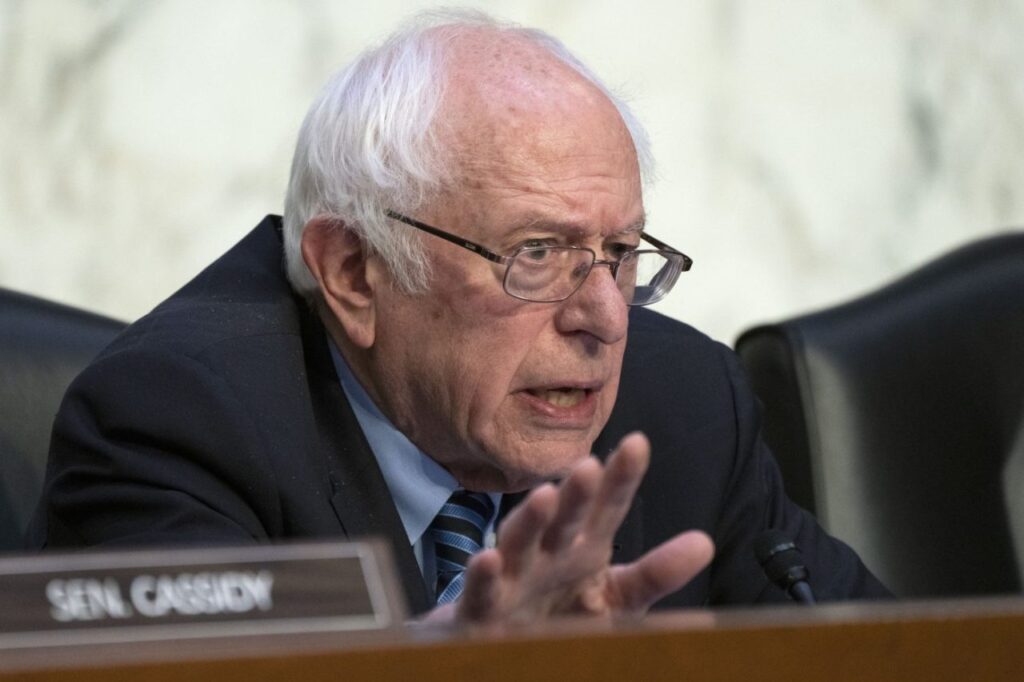A bipartisan Senate bill from Health Committee Chairman Bernie Sanders (I-Vt.) and Sen. Roger Marshall (R-Kan.) would provide a significant funding increase for community health centers and other primary care programs in an effort to boost a shortage of health workers.
Funding for community health centers expires at the end of September, so the timing for an agreement was urgent. The bill is slated for a markup in the Health Committee next Thursday. However, a key Republican on the committee said he doesn’t support the effort, and questions remain about how the bill is being paid for.
Health, Education, Labor and Pensions (HELP) Committee ranking member Bill Cassidy (R-La.) said the bill calls for “drastic increases in federal spending” without a specific plan to pay for it all.
He also took issue with what he said were insufficient protections under the Hyde Amendment that prohibits federal funds from being spent on abortions.
“Days before programs expire, a new unfinished and haphazardly drafted proposal was offered to be voted on within a week. The new bill lacks full Hyde [Amendment] protections and drastically increases spending without a plan to pay for it,” Cassidy said.
Cassidy said he supports bipartisan legislation passed in the House Energy and Commerce Committee, which among other policies called for lower funding levels than the Sanders/Marshall bill.
The bill can clear the HELP committee even if no other Republicans support it, but it will need additional GOP votes to pass on the floor.
The legislation increases funding for community health centers to $5.8 billion per year for three years, an increase of almost $2 billion annually. The funding would go toward expanding hours of operation at community health centers as well as school-based health services.
It also increases funding for the National Health Service Corps from $310 million to $950 million per year over the next three years to provide 2,100 scholarships and debt forgiveness for 20,000 doctors, nurses, dentists, mental health providers, and other health care professionals who commit to working in some of the country’s most underserved areas, according to a summary.
It also includes funding for scholarships and debt forgiveness for medical professionals, as well as new primary care residency slots and more funding for nursing training programs.
Sanders and Marshall said the legislation will be fully paid for, but the details released Thursday will likely draw opposition from hospitals.
It would ban hospitals from using anti-competitive practices in certain contracts when they negotiate prices with commercial insurance companies. It also would ban hospitals from charging “facility fees” for certain services like telehealth that don’t occur on a hospital campus.
Copyright 2023 Nexstar Media Inc. All rights reserved. This material may not be published, broadcast, rewritten, or redistributed.
Read the full article here











